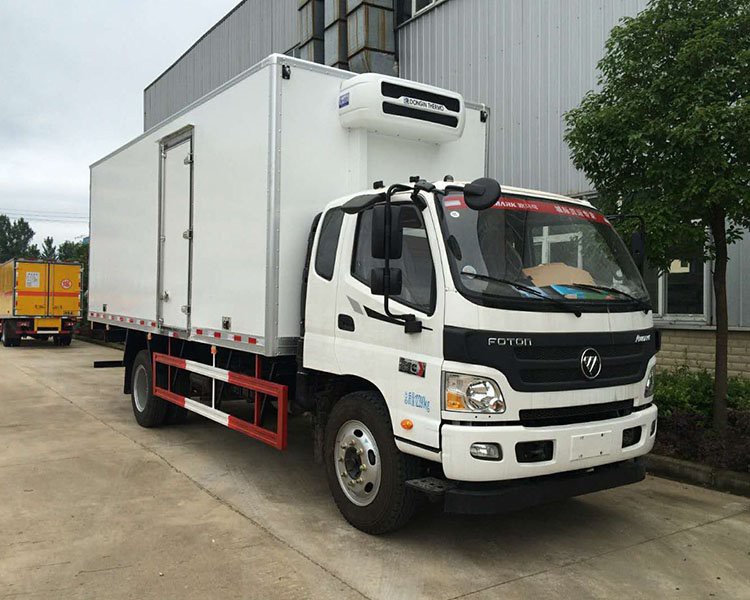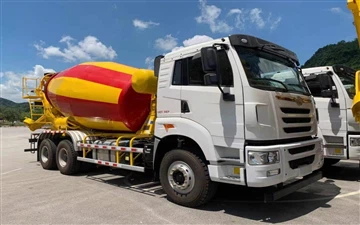Liquefied Natural Gas vs Propane: Understanding the Differences and Benefits

Introduction
In the world of energy, liquefied natural gas (LNG) and propane are two vital players, each with unique properties, benefits, and applications. Understanding the differences between LNG and propane can help consumers, businesses, and policymakers make informed decisions regarding energy choices. This article delves into the characteristics, uses, advantages, and challenges associated with LNG and propane, providing a comprehensive comparison for those considering these energy sources.
What is Liquefied Natural Gas (LNG)?
Liquefied natural gas (LNG) is natural gas that has been cooled to a liquid state at about -162°C (-260°F). In this state, it occupies about 1/600th of its gaseous volume, which makes LNG more economical to transport, especially over long distances where pipeline construction isn’t feasible.
The Process of Liquefaction
The liquefaction process involves several stages:
- Extraction: Natural gas is extracted from fields, often alongside oil.
- Processing: The gas is purified to remove impurities like water and carbon dioxide.
- Liquefaction: The purified gas is cooled using refrigeration systems until it becomes liquid.
- Storage: LNG is stored in specially designed cryogenic tanks.
Uses of LNG
LNG is predominantly used for:
- Power generation
- Industrial applications
- Residential heating
- Transport fuel for ships and trucks
What is Propane?
Propane, known chemically as C3H8, is a three-carbon alkane that exists as a gas at room temperature but can be liquefied under pressure. It is typically derived from natural gas processing and petroleum refining.
The Characteristics of Propane
Propane is colorless and odorless in its pure form; however, an odorant is added for safety. It is highly portable and can be stored in tanks of various sizes, making it suitable for residential, commercial, and industrial uses.
Uses of Propane
Common applications of propane include:
- Heating homes and water
- Fueling stoves and ovens
- Used in refrigeration
- Propane-powered vehicles
Key Differences: LNG vs Propane
Composition and State
| Aspect | Liquefied Natural Gas | Propane |
|---|---|---|
| Composition | Mainly methane (CH4) | Three-carbon alkane (C3H8) |
| Physical State | Liquid at very low temperatures | Gas at room temperature, liquid under pressure |
Energy Content
When comparing energy content, propane has a higher energy density by volume than LNG. One liter of propane contains approximately 25 MJ (megajoules), while LNG contains around 19.1 MJ per liter. However, given that LNG is primarily used for transport over long distances, this difference is somewhat mitigated by its volume efficiency in transport.
Environmental Impact
Both LNG and propane are considered cleaner alternatives to coal and oil. They produce fewer carbon emissions and particulates than these traditional fuels. However, LNG’s methane emissions—particularly during extraction and transportation—are a growing concern in terms of environmental impact.
Storage and Transportation
Storage and transportation modes differ significantly:
- LNG: Requires specialized cryogenic tanks for storage to keep it in a liquid state. Transport is typically done via LNG ships or trucks.
- Propane: Can be stored in standard pressure tanks. It is easily transported via tank trucks, pipelines, or bottles.
Practical Examples and Tips for LNG and Propane Users
When to Choose LNG
LNG is ideal for:
- Large-scale power generation where natural gas is piped from remote locations.
- Industrial applications requiring significant quantities of energy.
- Regions with limited natural gas access via pipeline.
When to Choose Propane
Propane is a better choice for:
- Homes in rural areas without access to natural gas.
- Small business applications where portability is required.
- Backup heating systems due to its storage convenience.

Safety Considerations
Both LNG and propane are flammable, but they have different safety profiles:

- LNG: Requires special handling due to extremely low temperatures in its liquid state.
- Propane: Has a higher risk of explosion if leaked; thus, proper ventilation is crucial.
Economic Aspects of LNG and Propane
Cost Factors
The costs associated with LNG and propane can vary widely based on location, market demand, and the scale of consumption. LNG investments require high infrastructure costs initially but can lead to savings over time due to natural gas’s competitive pricing in energy markets.
Future Trends in LNG and Propane
The growth of LNG usage is expected due to increasing global demand for cleaner fuels and an increase in natural gas production. Conversely, propane remains highly utilized in rural heating and specific industrial applications. Trends indicate a shift towards integrating both fuels into more sustainable energy systems as cleaner alternatives to conventional fossil fuels.
Conclusion
Both liquefied natural gas and propane have their unique strengths and applications. Choosing between them depends on specific needs, availability, and future considerations regarding environmental impact and sustainability.
Frequently Asked Questions (FAQs)

1. Is LNG safer than propane?
Both fuels are flammable and require careful handling. LNG has a lower flammability risk but requires special handling due to very low temperatures. Propane’s larger flammability zone makes it more hazardous if leaked.
2. Can LNG be used in vehicles?
Yes, LNG can be used as fuel for certain heavy-duty vehicles, particularly in transportation and shipping where infrastructure supports it.
3. What are the main advantages of propane heating?
Propane is versatile, easily transportable, and can provide reliable heating in rural areas without natural gas pipelines. It also serves well in appliances designed for propane use.
4. How environmentally friendly are LNG and propane?
Both LNG and propane produce significantly fewer emissions than coal or oil, but LNG has concerns related to methane emissions during extraction and transportation.
5. What is more economical: LNG or propane?
It depends on various factors such as regional availability, market prices, and volume of usage. LNG may have lower prices in densely packed markets, while propane tends to be more accessible for residential use.
6. Can I change from propane to LNG?
Transitioning from propane to LNG is feasible but may require significant adjustments to your infrastructure and appliances, as they operate under different principles.
